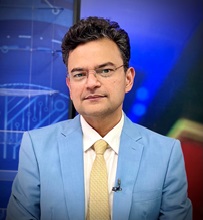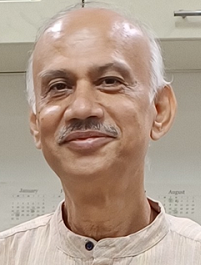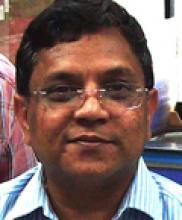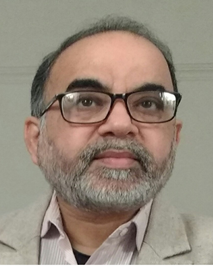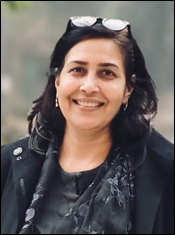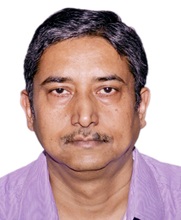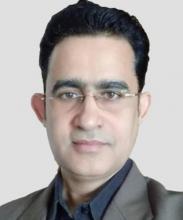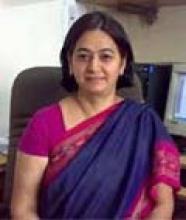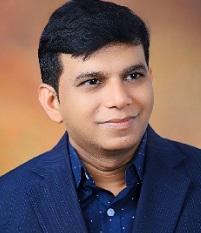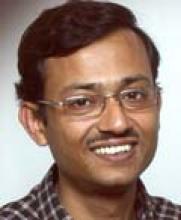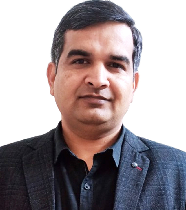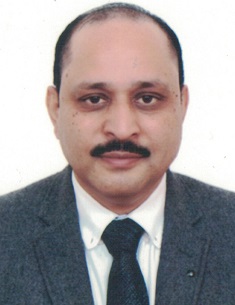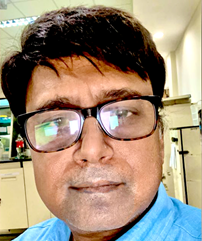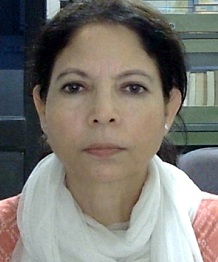SCMM Faculties
SCMM Faculties
SCMM Faculties
A warm welcome to the modified and updated website of the Centre for East Asian Studies. The East Asian region has been at the forefront of several path-breaking changes since 1970s beginning with the redefining the development architecture with its State-led development model besides emerging as a major region in the global politics and a key hub of the sophisticated technologies. The Centre is one of the thirteen Centres of the School of International Studies, Jawaharlal Nehru University, New Delhi that provides a holistic understanding of the region.
Initially, established as a Centre for Chinese and Japanese Studies, it subsequently grew to include Korean Studies as well. At present there are eight faculty members in the Centre. Several distinguished faculty who have now retired include the late Prof. Gargi Dutt, Prof. P.A.N. Murthy, Prof. G.P. Deshpande, Dr. Nranarayan Das, Prof. R.R. Krishnan and Prof. K.V. Kesavan. Besides, Dr. Madhu Bhalla served at the Centre in Chinese Studies Programme during 1994-2006. In addition, Ms. Kamlesh Jain and Dr. M. M. Kunju served the Centre as the Documentation Officers in Chinese and Japanese Studies respectively.
The academic curriculum covers both modern and contemporary facets of East Asia as each scholar specializes in an area of his/her interest in the region. The integrated course involves two semesters of classes at the M. Phil programme and a dissertation for the M. Phil and a thesis for Ph. D programme respectively. The central objective is to impart an interdisciplinary knowledge and understanding of history, foreign policy, government and politics, society and culture and political economy of the respective areas. Students can explore new and emerging themes such as East Asian regionalism, the evolving East Asian Community, the rise of China, resurgence of Japan and the prospects for reunification of the Korean peninsula. Additionally, the Centre lays great emphasis on the building of language skills. The background of scholars includes mostly from the social science disciplines; History, Political Science, Economics, Sociology, International Relations and language.
Several students of the centre have been recipients of prestigious research fellowships awarded by Japan Foundation, Mombusho (Ministry of Education, Government of Japan), Saburo Okita Memorial Fellowship, Nippon Foundation, Korea Foundation, Nehru Memorial Fellowship, and Fellowship from the Chinese and Taiwanese Governments. Besides, students from Japan receive fellowship from the Indian Council of Cultural Relations.
